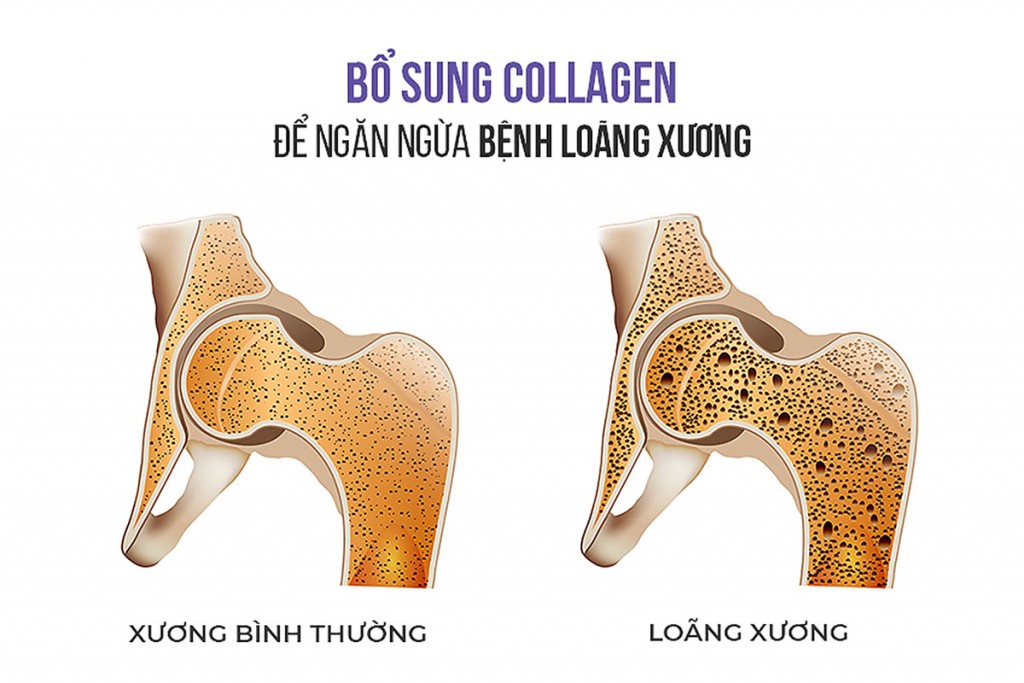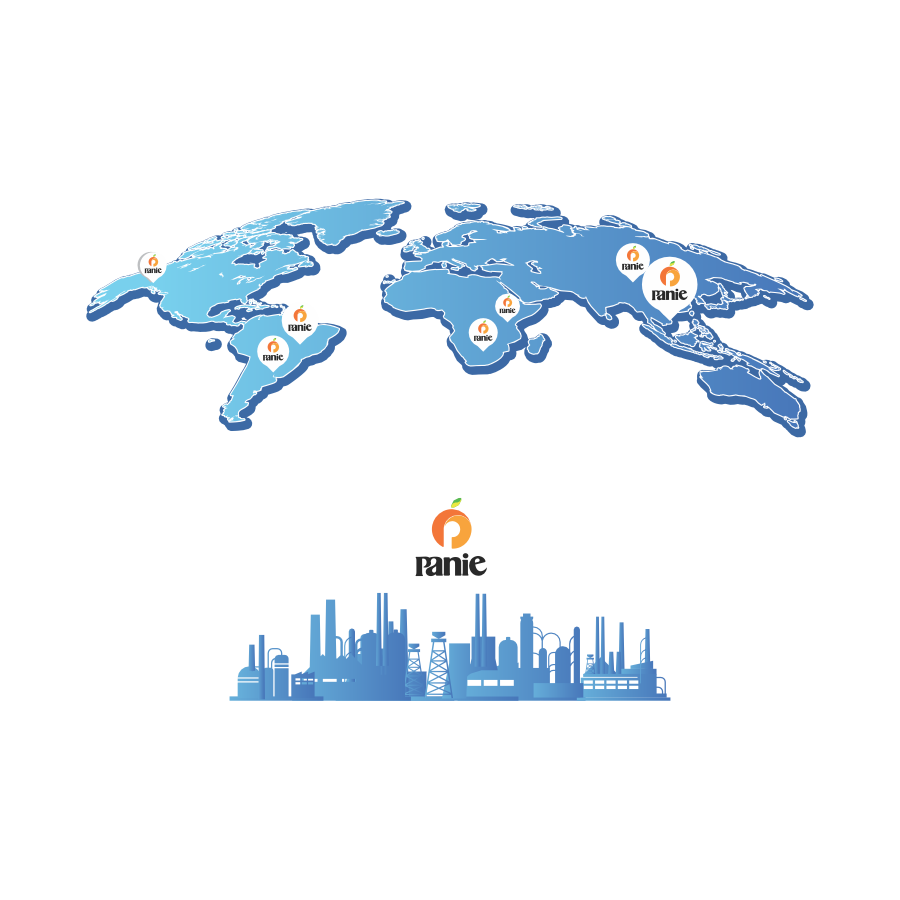Chưa có sản phẩm trong giỏ hàng.
Collagen is a type of protein, often considered the richest and most abundant protein in the body, constituting 25% of the body’s total protein content. Explore our versatile product collection known for its enduring quality and rich diversity, empowering you to confidently withstand life’s challenges. So what are the 4 Benefits of Collagen?
1 What is Collagen?
Collagen is found in tendons, muscles, bones, skin, ligaments, and is the most abundant protein in the human body, acting as a glue that connects various parts of the body. Which is a vital building block for bones, skin, muscles, tendons, and ligaments throughout your body. It’s like the glue that holds everything together. There are various types of collagen, with the main ones being:
- Type 1: This type is the most abundant in your body and provides structure to your skin, bones, tendons, and teeth.
- Type 2: Found in flexible cartilage, it cushions your joints.
- Type 3: Supports the structure of your muscles, organs, and arteries.
- Type 4: Found in the layers of your skin.
As you age, your body produces less collagen, leading to a decrease in quality. This often results in a loss of skin firmness and elasticity, as well as weakening cartilage.

2 The effects of collagen deficiency.
- As humans age, collagen fragments, fiber function declines, and collagen production slows. These changes, coupled with the loss of another structurally important protein, lead to signs of aging such as sagging skin and wrinkles.
- As time goes by, your body’s natural collagen production starts to dwindle. Not only that, but collagen also starts to break down and become less evenly distributed.
- These changes are what bring about the telltale signs of aging, like wrinkles and skin that’s lost its firmness and moisture. Furthermore, the collagen in your skeletal system takes a hit as you age, leading to weaker bones.
- Although the decline and deterioration of collagen are inevitable with aging, certain lifestyle choices and dietary habits can speed up this process. Take smoking, for instance, which is notorious for breaking down collagen and hastening skin aging, resulting in wrinkles and reduced elasticity.
3 The Benefits of Collagen
The Benefits of collagen include improving skin elasticity, reducing wrinkles and fine lines, promoting joint health, strengthening hair and nails, and supporting overall bone health. As a vital protein in the body, collagen plays a crucial role in maintaining the structural integrity of various tissues and organs, contributing to a youthful appearance and optimal physical function.

The external environment can exacerbate conditions such as slow wound healing and the development of skin diseases. Therefore, supplementing collagen is essential for good health.
3.1. Benefits of Collagen on Hair, Nails
- Drinking collagen may stimulate longer hair and stronger nails. Supplementing with collagen can promote weight loss and faster metabolism.
- A 2017 study indicated that hydrolyzed collagen supplementation may enhance nail growth rate by 12% and decrease nail breakage frequency by 42%. Moreover, after 4 weeks of treatment, it also exhibited the potential to increase the strength of fingernails by addressing brittle nail conditions.

3.2. Benefits of Collagen on Skin
- Collagen helps address various skin issues, especially eliminating wrinkles and fine lines. It makes the skin appear more plump, maintains firmness, and preserves elasticity.
- Exposure to environmental factors such as UV radiation, smoke, and pollution can diminish the effects of collagen on the skin, leading to wrinkles, dark spots, freckles, dryness, sagging, and loss of skin elasticity.
- Therefore, maintaining collagen supplementation for the skin is essential. Because Benefits of Collagen can help counteract damage caused by UV radiation and enhance skin health.
- As you enter your 20s, collagen in the body begins to decline. Collagen in the body gradually breaks down, affecting the skin’s elasticity. Dermatologists often use collagen injections to supplement collagen for the skin. Additionally, collagen supplementation can also be achieved through daily dietary intake.

3.3. Benefits of Collagen on Joint Health
Benefits of Collagen makes your bones denser, slows down the bone brittleness process, stimulates bone formation, reduces inflammation, and prevents joint pain. Especially in middle-aged individuals, bones become porous, brittle, and prone to fractures.

3.4. Benefits of Collagen on Muscles
Collagen enhances muscle mass and muscle strength, especially in older individuals experiencing muscle loss due to aging (a condition characterized by a reduction in the body’s ability to metabolize protein into muscle mass).

4 Types of collagen supplements
Direct collagen supplements are widely available in the market under various brands. They often come in the form of liquid, powder, or capsules.
- Collagen in liquid form: Collagen is formulated in the form of a drink, allowing for quick absorption into the body. With this form, it is advisable to store in a cool place or preferably in the refrigerator.
- Collagen in powder form: Collagen powder also has good solubility and absorption, comparable to its liquid counterpart. This is the most versatile form of collagen as you can mix it with various beverages, from plain water, fresh milk, fruit juice to coffee, and even sprinkle it into porridge, soup, and more.

- However, a downside of collagen powder is that it can clump easily if not stored properly.
- Collagen in pill form generally doesn’t absorb as well as the two forms mentioned above. When using collagen pills, it’s important to take them with plenty of water for better absorption and to avoid excessive flushing. Its advantage lies in its convenience and easy storage.
- Additionally, collagen can be supplemented through daily food and beverage intake. However, regardless of the form of collagen, it’s important to choose products from reputable brands.

